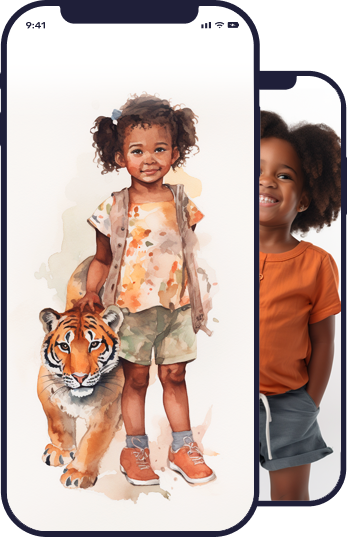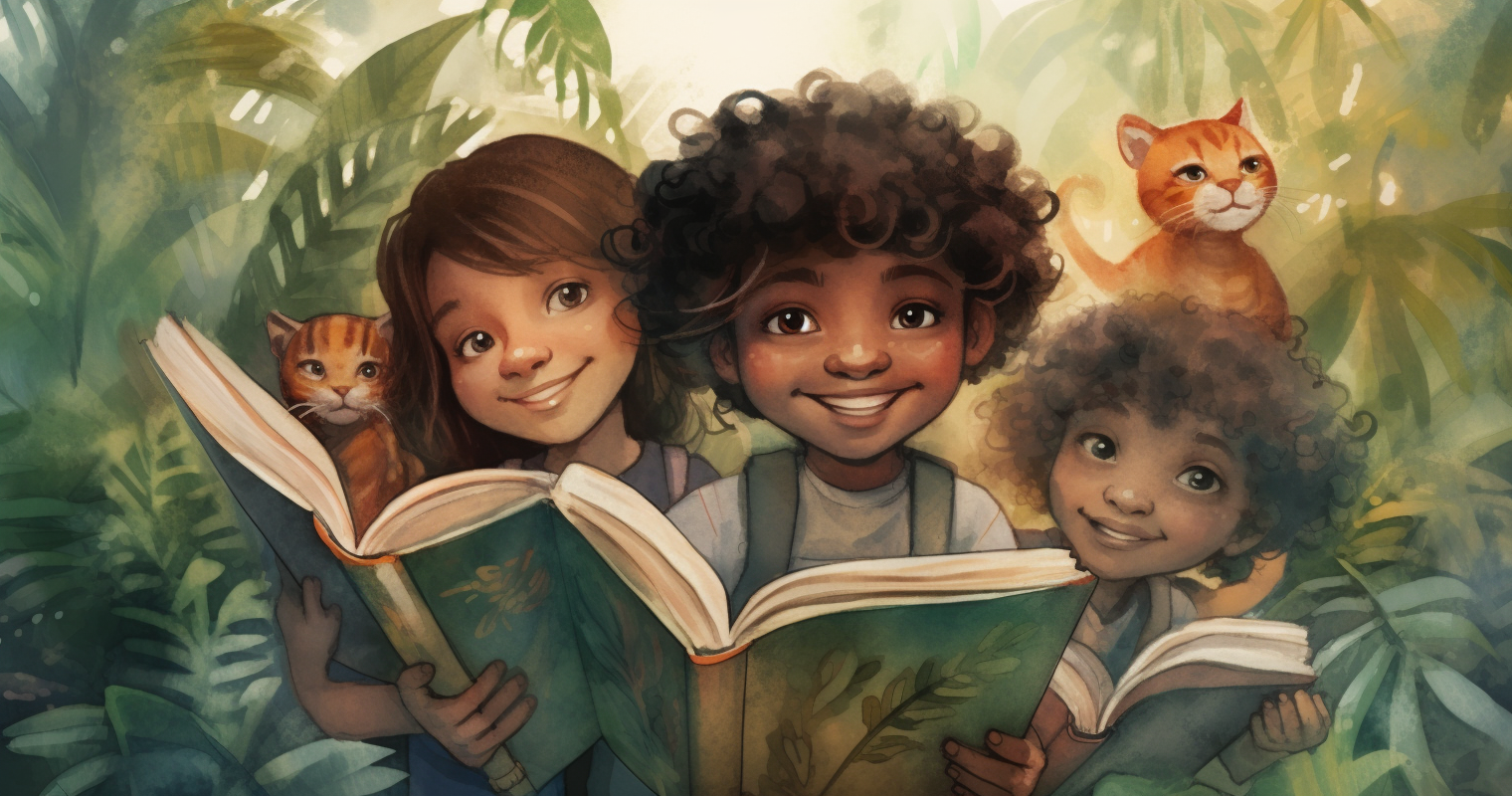Kindergarten Books to Read: Helping Kids Thrive in School
Embarking on the Exciting Journey of Kindergarten Reading
Ah, kindergarten. That magical time when our little ones take their first steps into the captivating world of learning. As parents, guardians, or educators, we are eager to support them in their quest for knowledge and help them develop a love for reading. But with so many kindergarten books to read out there, where do we even begin? Fear not! In this article, we delve into the importance of selecting the right titles, as well as provide some tips on how to choose read aloud books for kindergarten, kindergarten booklets, and other resources that cater to the unique needs of kindergarten readers.
The Power of Engaging Stories: Why We Should Read to Kindergarteners
We all know that reading is critical for a child's cognitive development. But what makes stories to read to kindergarteners particularly important? For starters, listening to stories helps children develop crucial language skills, such as expanding their vocabulary and mastering sentence structure. Moreover, engaging narratives can stimulate a child's imagination and foster empathy by encouraging them to step into the shoes of various characters.
Beyond these benefits lie psychological rewards as well. Reading together can strengthen the bond between parent/caregiver and child and create lasting memories. It also cultivates a sense of security and routine that children crave. As children progress through kindergarten, they will gradually transition from being read to -to reading independently. This process can be both thrilling and daunting; therefore, it is essential to choose fitting kindergarten books to read, which nurture their budding skills and curiosity.
Decoding the Mystery: What Makes a Great Kindergarten Book?
With so many options to choose from, how do we go about selecting the perfect kindergarten books to read? Here are some things to consider:
- Age-appropriateness: Kindergarten-aged children are typically between 5 and 6 years old. At this stage, their cognitive abilities, attention spans, and interests are quite distinct from those of preschoolers or first-graders. Consequently, it is crucial to select stories that cater to their unique developmental needs.
- Engaging narrative: A captivating story is essential for maintaining a young learner's interest. Look for narratives with relatable characters, vivid illustrations, and engaging plotlines that will keep them hooked till the very end.
- Simplicity: Kindergarteners are still learning the basics of reading. Therefore, it is vital to choose books with simple sentence structures, repetitive phrases, and limited vocabulary. This will ensure that they can follow along easily without feeling overwhelmed.
- Educational value: While pure entertainment has its merits, it is also essential to select books that impart valuable lessons or information. This can range from life skills (e.g., sharing or being polite) to academic concepts (e.g., numbers or colors).
A World of Possibilities: Exploring Different Types of Kindergarten Books
Incorporating a variety of book genres into your child's library can enrich their reading experience and help them discover new interests. Here are some types of kindergarten books to read:
- Picture books: Featuring vibrant illustrations and minimal text, picture books can spark a child's imagination and help them develop a love for stories. They are also excellent read aloud books for kindergarten, as the images can stimulate discussion between the reader and the listener.
- Early readers: As the name suggests, these books are specifically designed for children who are just starting to read independently. Typically featuring short sentences, repetitive phrases, and basic vocabulary, early readers can boost a child's confidence in their reading abilities.
- Non-fiction: Introducing non-fiction books early on can help kindergarteners develop an interest in various subjects, such as science, history, or geography. Appropriate titles for this age group include those with simple text, engaging photographs or illustrations, and relatable examples.
- Poetry: Poems can be a delightful way to introduce kindergarteners to the beauty of language. Look for collections that feature age-appropriate themes, simple language, and engaging illustrations.
Helping Hands: Utilizing Kindergarten Booklets and Other Resources
In addition to traditional books, there are several other resources available to support kindergarten readers. One such tool is kindergarten booklets, which typically contain short stories accompanied by comprehension questions or activities. These booklets can be an effective way to reinforce reading skills while allowing children to practice at their own pace.
Beyond that, digital platforms offer a treasure trove of interactive reading resources. Engaging apps and websites provide access to e-books, audio stories, games, and more - all tailored to the unique needs of young learners. However, it is essential to set boundaries and ensure that screen time does not overshadow the joy of exploring physical books.
Ready, Set, Read: Fostering a Love for Reading in Kindergarten
Selecting the right kindergarten books to read is only the first step in nurturing a lifelong love for reading. As parents, guardians, or educators, it is our responsibility to create a supportive environment where children feel encouraged to explore and grow. So go ahead - make reading a daily ritual, discuss stories together, and watch as your little ones blossom into avid readers!









